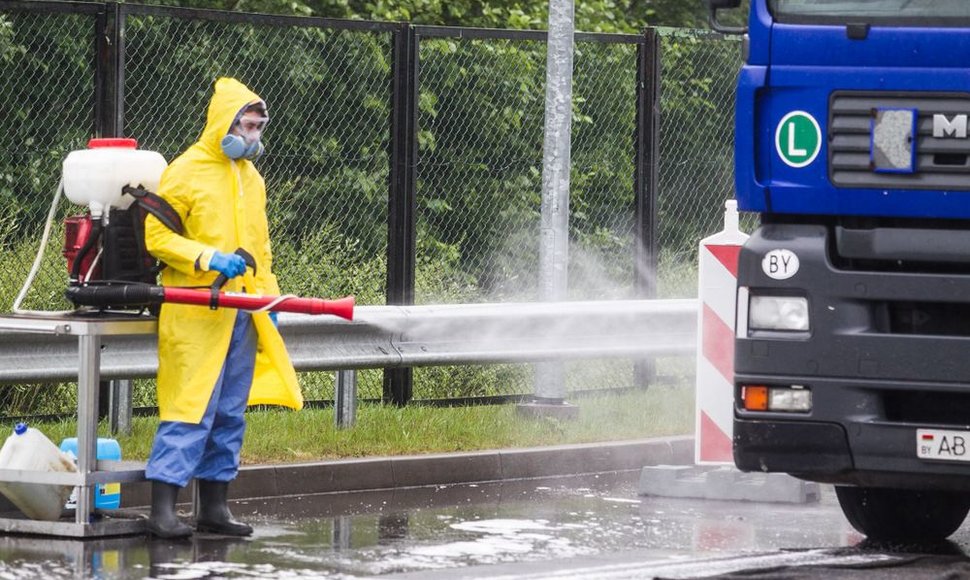It was decided that the authority itself will set the disinfection procedure so that the Law on Fees and Charges does not need to be changed.
"I we spoke about introducing a fee, the law would then have to be amended by the Seimas. What we approved is what is being done by state-owned companies that are providing services and charging for them. This means that the Veterinary Service itself will establish the procedure of how this disinfection work will be carried out and how much it will charge for the service," Prime Minister Algirdas Butkevičius told reporters after the meeting.
Possibly, the charge will be lower than the earlier mentioned 25 litas (EUR 7.25) per vehicle, he said.
"Perhaps the Agriculture Ministry will find additional funds and the charge for haulers will be lower," Butkevičius said.
The government on Wednesday also decided to amend the emergency law to make it possible to declare a state of emergency in the country when there is a threat of disease.
The planned charge has angered haulage companies which say that all disinfection costs are being placed on them alone. Meanwhile Jonas Milius, the director of the Veterinary Service, has said that if passenger cars and pedestrians were also charged for disinfection, the administration of the charge would cost more than the funds collected.
Vehicles crossing into Lithuania from Belarus, where cases of swine fever have been reported, are currently being disinfected.
The government last month allocated 750,000 litas for disinfection at the border. The money has already run out and funds "from other expenses" are now being used for this purpose, Milius says.
It is estimated that disinfection of vehicles and the footwear of people coming from Belarus costs around 17,000 litas daily.












